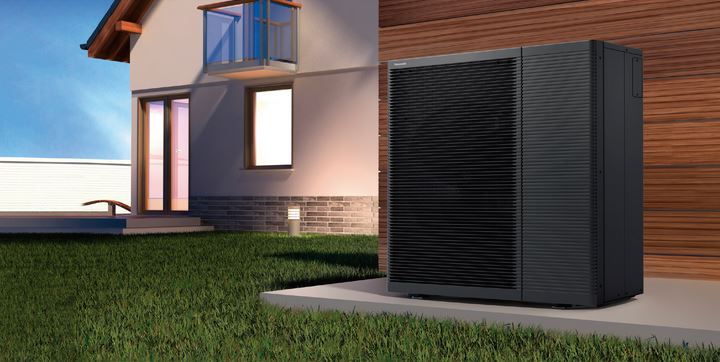The new heat pump concept should enable ready-made energy storage, even in existing installations. It features capabilities that easily detect self-consumption of PV energy, maximizing the amount of energy that can be produced and consumed on site
Panasonic Marketing Europe GmbH, part of the Japanese conglomerate Panasonic, announced this week that it is part of a consortium currently developing a multi-source heat pump in combination with phase change material (PCM), optimized by new control algorithms.
PCMs can do that absorb, store and release large amounts of latent heat within defined temperature ranges. They are often used at research level for the cooling of PV modules and the storage of heat.
The research project is part of the LIFE iTS4ZEB initiative, which aims to provide advanced thermal energy storage for zero-emission buildings. The project leader is the Italy-based heat pump manufacturer Innova, which aims to produce a pre-series in the final configuration and start production.
Fifty independent demonstrators will initially be installed in ten European countries to validate the technology in real-life contexts, Panasonic said in a statement. In a second step, Innova will sell 500 systems.
The details of the new heat pump concept are currently very limited. The LIFE iTS4ZEB says it will rely on propane (R290) as a refrigerant and will be applied in a variety of buildings, whether new or renovated, poorly or well insulated.
“The project aims to bring to market a product that integrates heat pump and PCM technology, enabling turnkey energy storage even in pre-existing installations,” Panasonic explains. “It has capabilities that easily detect self-consumption of PV energy, maximizing the amount of energy that can be produced and consumed on site. Furthermore, it enables demand response for smart grids without sacrificing comfort and ensures appropriate acquisition and maintenance costs.
Consortium partners include the Italian research institute Eurac, PCM specialist Therlink and the University of Padua.
The research project is funded by the European Commission under the LIFE programme.
This content is copyrighted and may not be reused. If you would like to collaborate with us and reuse some of our content, please contact: editors@pv-magazine.com.


